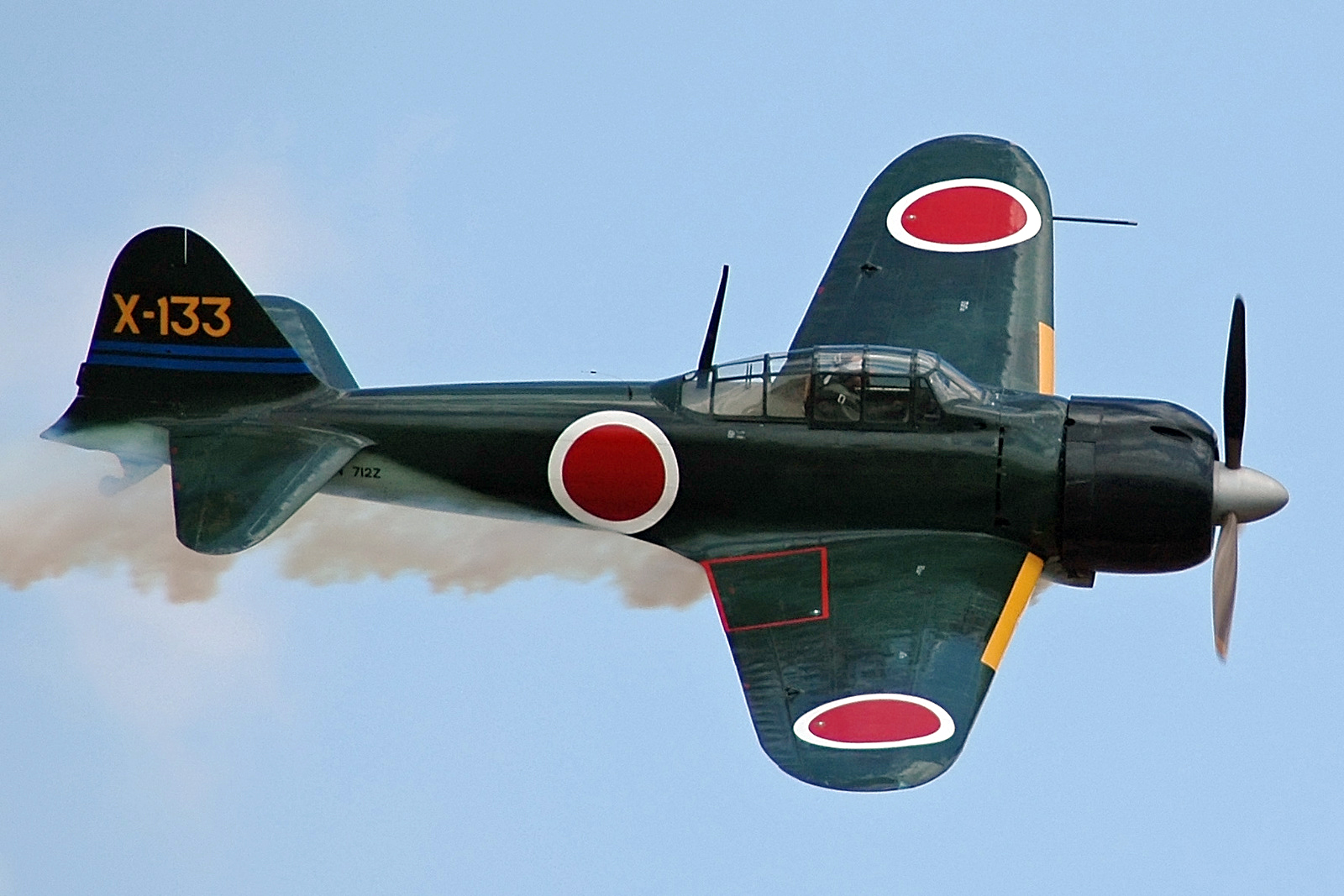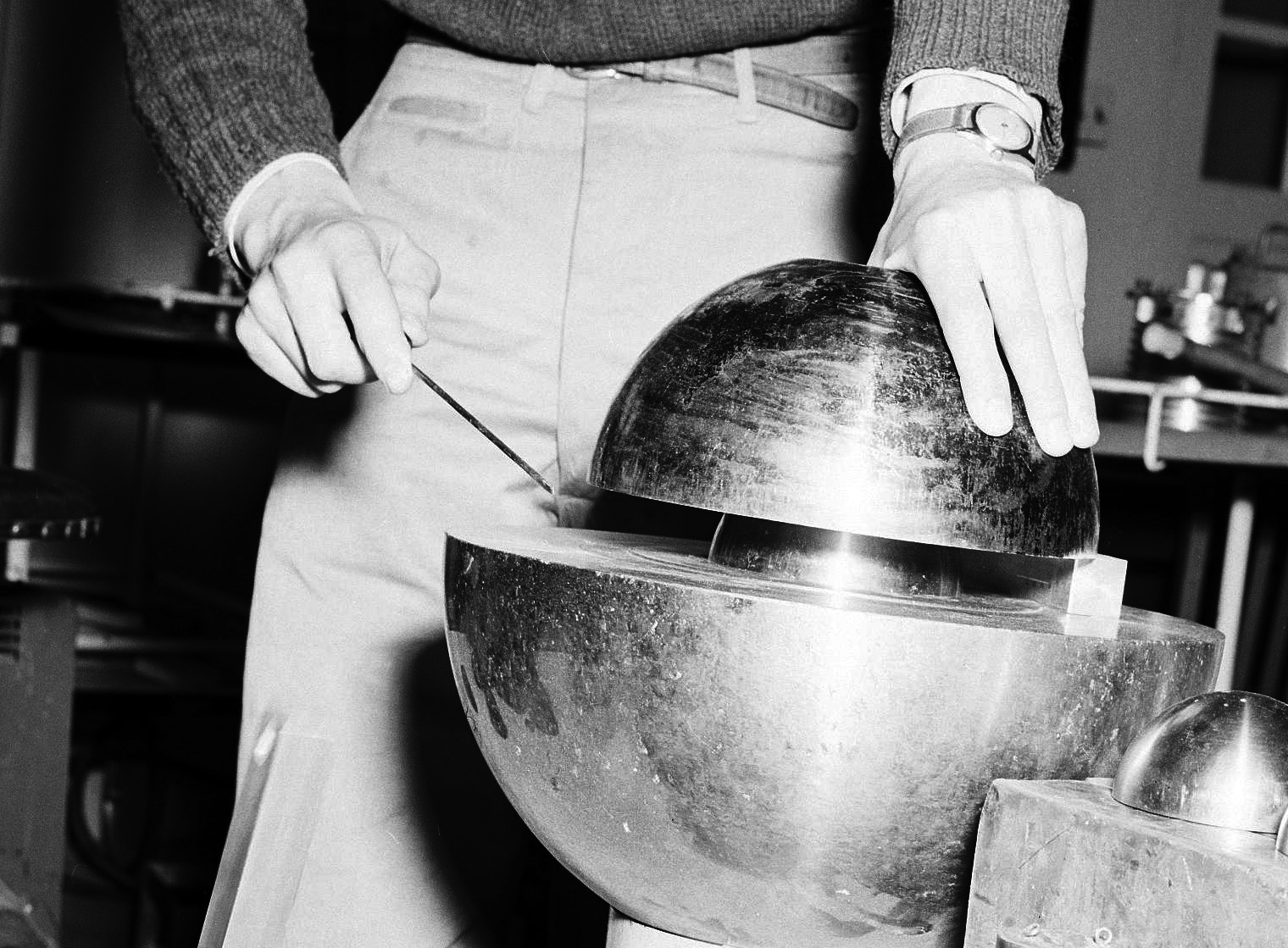To be honest, a lot of the comments I could make about the translation vs the Japanese script has already been said and belaboured earlier, ie "strange decisions were made, I have no idea why, I speculate an overworked translator". The issues in this part remain of the same category.
Okay so that's a really sweet scene once you get past the translation being, like. "If you're nervous a lot, you won't get sick"? What? Cloud literally saying "when I was in SOLDIER" while we've just been over the fact that he wasn't and this is in fact a scene of him acknowledging his real younger self who was a puny grunt with no sea leg - whatever.
This is a clear mistranslation, yes. Cloud is actually saying "I get really bad motion-sickness, but I had forgotten about that back when I thought I was a SOLDIER". As in, Cloud gets badly motion-sick in vehicles, but when he thought he was First-Class SOLDIER Cloud he completely forgot about that part of himself.
For a bit of trivia, the "really bad" part is written "スジガネ入り", which literally translates to something like "reinforced with metal" or "tempered" (in the blacksmithing sense), and is usually translated as "hardcore". So Cloud saying "it's a real killer" is actually a pretty good translation choice.
As for the "nervous" bit, the line should be more like "if you're tense, you won't get sick". "Nervous" is a valid translation for "緊張" (kinchou) too, as is "anxious", so this is more about picking the better word in English to fit in the English sentence.
Also later Cloud's line is translated as "But in SOLDIER, we spent a lot of time in trucks", and in that case he uses the word for generic troops, "兵士", unlike earlier when he used the specific term "ソルジャー" for SOLDIER. So that one is a weird mistranslation too.
Also, I really feel this bit about the most important thing being not to read. This hasn't been an issue for me for years, but as a child, I would insist on reading during family car trips (the alternative was unthinkable, unbearable boredom), and that would inevitably result in my getting sick at some point during the trip. Even once I understood the correlation, though, I couldn't not do it.
My own experiences with reading in moving vehicles is weird. As a child and all the way to my early 20s, I could easily read entire novels in cars, buses, and trains, and feel absolutely fine before and after. The motivation was the same, ie averting boredom.
But recently (as in late 30s to mid-40s), I thought I could do the same, and it was
terrible. I could not get through a single paragraph before feeling nauseous. I have no idea when it changed, but I assume it's due to age. Thankfully, these modern times allow for music to be played on a handy device like a smartphone (and transmitted to wireless Bluetooth earbuds), and
still have the smartphone retain enough battery life for the rest of the day.
So when I first played FFVII and got to that scene, I was still quite young, and I understood that motion-sickness due to reading in a moving vehicle was something that plausibly happened, but to Other People. Now, I see that scene and my immediate thought was "I can empathize, but aren't you all still young?"
The science/magic angle with Cid is a bit more out of left field. It's not that technology/magic hasn't been a conflict in the game before, it obviously has, it's that… Science is bad when it's exploitative and ruins the world, and it's good when it's used for the benefit of all; the game isn't down on science as a concept, we have Cosmo Canyon's planetology to stand as testament to that, but they have never been presented in a way where Cid going "Actually I want to trust this rocket to save the Planet rather than Materia" has been, like, a conflict we've seen?
In the Japanese script, it's made a bit more clear that this isn't Cid presenting some sort of dualistic conflict between Science and Magic, but rather
his own opinions about which he likes more. Hence his earlier words of "I don't care if it's magic or science that saves the day, but if I had to pick, I'd choose science".
And from the dialogue, Cid prefers science because he sees it as "a power created and developed by humans", ie a power that humans created and developed
through their own efforts. This is particularly in response to Cloud trying to convince Cid not to use the Huge Materia by describing materia in general as having the "wisdom of the Ancients".
So it's a conflict of opinion, between preferring to use ancient (and Ancient) knowledge and inherited mystical powers to save the Planet, or using modern human ingenuity and progress to save the Planet. I can see how Cid, alleged rocket engineer, would prefer the "human progress" side, especially since he seems to think of it in a sort of "raising ourselves up by our bootstraps, no gods no masters" way.
Of course, we see later that Cid admits he piloted the rocket for ulterior motives, specifically because he just wanted to get to space. He even goes "listen, I said all that about science and materia, but honestly I just wanted to get to space. Now that we're here, I don't care what we do with the Huge Materia."
(Trivia: according to the script site, apparently if you bring Yuffie along as your third party member, she immediately pounces on Cid dismissing the Huge Materia and says "If you don't want that Huge Materia, can I have it?")
Cid's hints are "Did you use MENU? I'm pretty sure you didn't…"
Another victim of the Japanese language's lack of subject-object in grammar. Translated extremely literally, the lines would be "MENU, used? If correct, not used..."
So it's up to the translator to insert the necessary grammar, and in this case they guessed incorrectly. It's especially unfortunate because unlike other characters (Vincent kind of leaps to mind, but Cloud is guilty of it too), Cid does use subject-object grammar in his speech relatively often. So the lack of it here should have been a clue to take a closer look at the greater context, but that's only if the translator has the context in the first place to know that it's Cid talking.
In any case, with the luxury of knowing the context, the proper translation should be quite obvious: "Is MENU used? I'm pretty sure it isn't..."
Having said that, this can join the rest of Cid's hints like "The last button is SWITCH! Or maybe it's CANCEL..." and "Just input buttons at random, maybe you'll get lucky".
God, the translation script is increasingly just… Breaking down to the point that even when the meaning of a particular exchange is clear, it's composed of sentences that don't connect to each other in any coherent way, like they were all translated independently of each other. Sure, we can grasp what they're saying - "What? Did that girl go off to that place?" // "That's it! We don't know about it. What did Aerith know?" is Cid asking why did Aerith go the City of the Ancients, and Cloud answering that they don't know, and that's important and they should find out
You're correct, yes. The line should really have been "Why did that girl go off to that place", and the rest of it is the usual JRPG way of repeating and reiterating the "we don't know and we should figure it out" point just to make sure the player understands.
As a side note, I can't really figure out where in the script site the lines about Cait Sith telling Elmyra about Aerith's death is located, so I can't double-check the Japanese script. I'm sure it's there somewhere, but honestly I feel like we won't really learn anything new regarding how much both the translation and the original writing have broken down as the game goes on.


